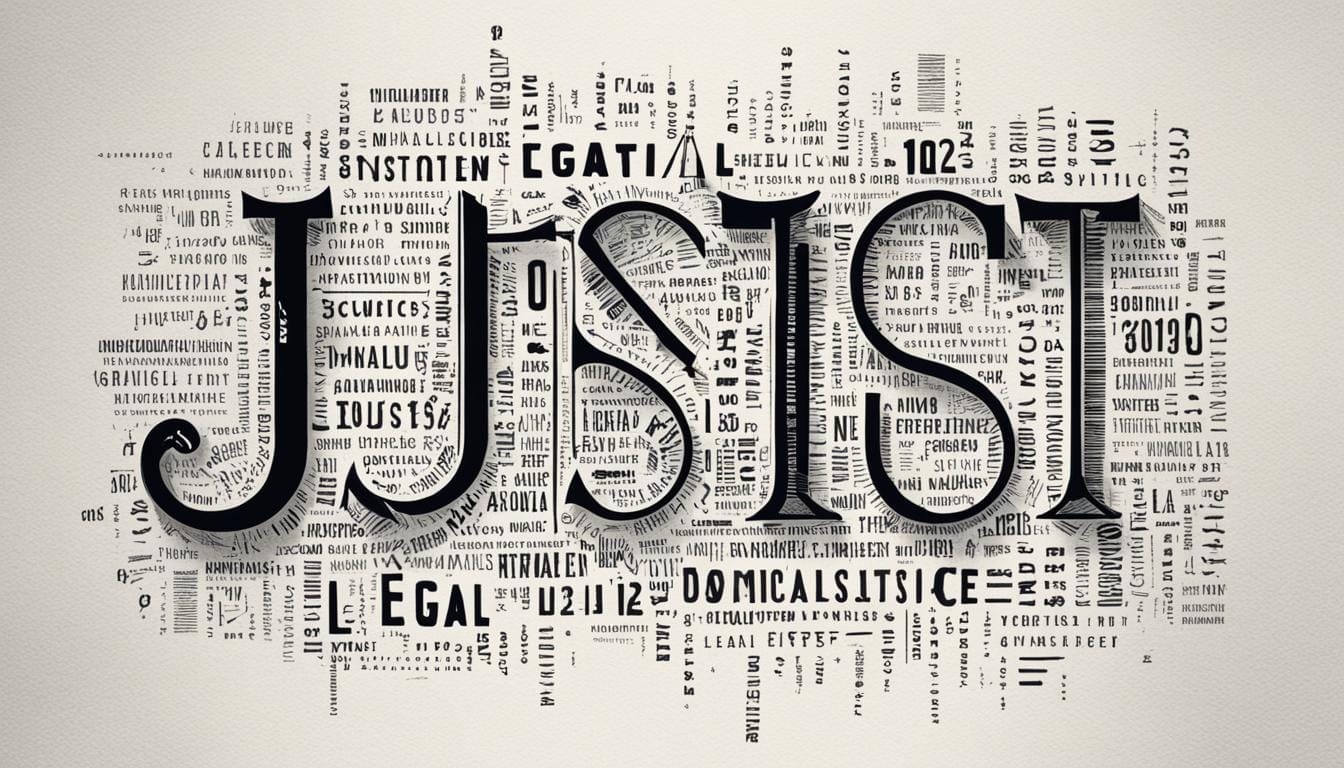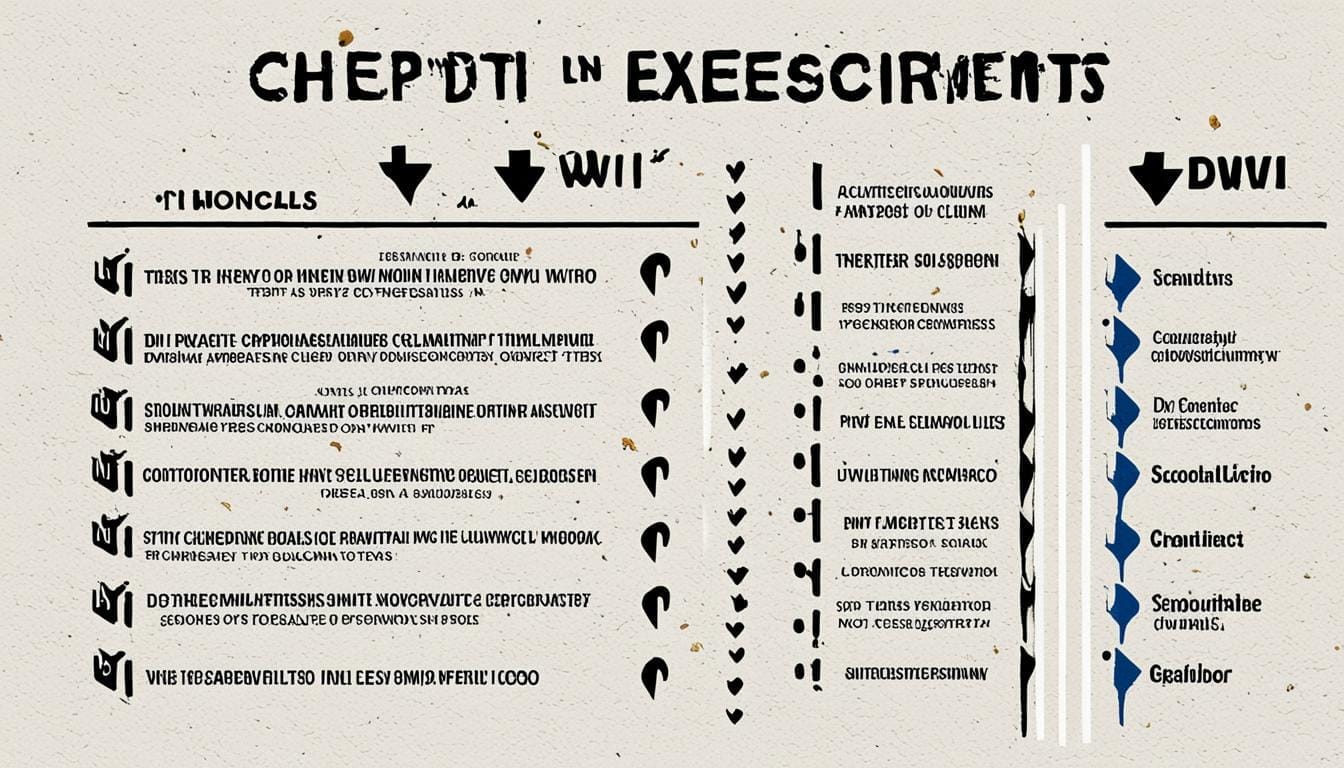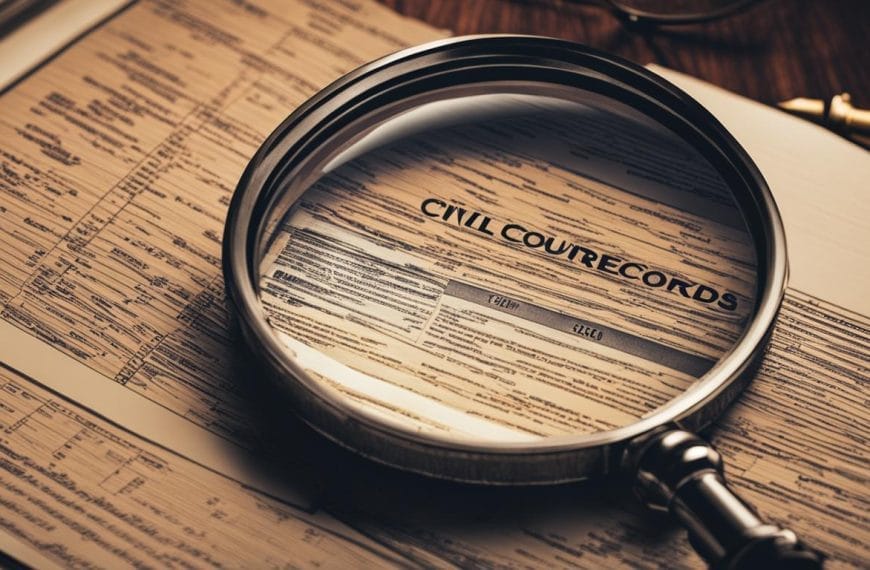Key Takeaways
- A civil action number is a unique identifier assigned to every case filed in a court system.
- It helps track cases, maintain organized records, and ensures efficient case management.
- The number consists of codes that reveal the court location, case type, filing year, and a unique docket number.
- Individuals can use civil action numbers to access case information and stay informed about their legal matters.
What is a Civil Action Number?
In the legal system, a civil action number serves as a case’s unique fingerprint. It’s a combination of letters and numbers assigned by the court when a case is filed, and it helps track and identify the case throughout its journey in the legal system. This number is crucial for maintaining organized records, ensuring efficient case management, and allowing individuals to access information about their cases.
Deciphering a Civil Action Number
A civil action number may look like a random string of characters, but each component reveals specific details about the case:
- Location Code: The first three letters indicate the judicial district where the court handling the case is located. This helps identify the specific jurisdiction responsible for the case.
- Case Type Code: The next two letters signify the type of case, such as “CV” for civil cases, “FA” for family cases, or “HO” for housing cases. This categorization aids in organizing and managing cases based on their nature.
- Year of Filing: The following digits represent the year the case was filed, providing a chronological reference point and helping track the case’s timeline.
- Docket Number: Finally, a unique seven-digit docket number distinguishes the case from others filed in the same year and district.
How are Civil Action Numbers Used in Court Proceedings?
The civil action number is like a case’s social security number – it’s used on all court documents, filings, and correspondence related to the case. This consistent identification helps streamline several aspects of court proceedings:
- Case Tracking and Identification: Court personnel, attorneys, and involved parties rely on the civil action number to quickly locate and access case information, ensuring everyone is on the same page.
- Scheduling and Organization: The number helps schedule court dates, update case information, and maintain accurate record-keeping. It prevents scheduling conflicts and ensures the appropriate allocation of resources.
- Efficient Communication: The civil action number facilitates clear communication between legal professionals and ensures everyone refers to the correct case, avoiding confusion and potential errors.
Different Types of Cases, Different Numbering Systems
While the basic structure of a civil action number remains consistent, variations may exist depending on the type of case:
- Civil Lawsuits: Cases involving personal injury claims, contract disputes, or property disputes will have a civil action number starting with the “CV” case type code.
- Family Cases: Cases related to divorce, child custody, or other family law matters may use a different case type code, such as “FA,” and might include additional identifiers specific to family law.
- Housing Cases: Cases involving landlord-tenant disputes or housing-related issues could have a case type code like “HO” and potentially further identifiers to distinguish the specific nature of the housing case.
These variations help courts differentiate between various legal matters, maintain organized records, and ensure easy access to relevant case information.
Accessing Information Using a Civil Action Number
Civil action numbers empower individuals to access information about their cases easily. Many court systems offer online portals where you can search for a case using its civil action number. This allows you to retrieve valuable details, including:
- Case Details: Comprehensive information about the parties involved, legal claims, and relevant facts of the case.
- Court Dates: Scheduled dates and times for hearings, trials, or other legal proceedings.
- Case Filings: Documents filed with the court, such as complaints, motions, briefs, and orders.
- Case Status: The current stage of the legal process, including any updates on motions, decisions, settlements, or judgments.
The Importance of Civil Action Numbers in the Legal System
Civil action numbers are more than just identification tags; they are essential tools that underpin the efficient functioning of the legal system. Their benefits include:
- Streamlined Case Management: They facilitate efficient tracking, organization, and management of cases, saving time and resources for courts and legal professionals.
- Improved Coordination: They enable seamless coordination between different departments within the court system, ensuring smooth proceedings and preventing scheduling conflicts.
- Accurate Record-Keeping: They provide a reliable reference point for all case-related documents and filings, promoting transparency and accountability in the legal process.
- Empowered Litigants: They allow individuals to easily access information about their cases and stay informed about the legal process.
Conclusion
Civil action numbers act as the backbone of the judicial system, providing a standardized and efficient way to navigate the complexities of legal proceedings. Understanding their structure, function, and significance empowers individuals to stay informed and actively participate in their legal matters. As you engage with the legal system, remember that the civil action number is your key to unlocking valuable information and ensuring a smooth experience.












